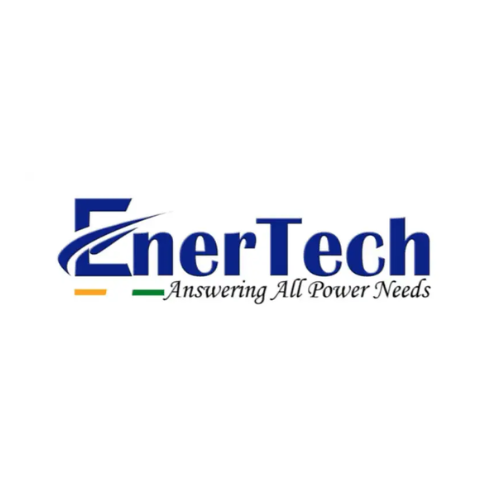Notifications

4 minutes, 40 seconds
-13 Views 0 Comments 0 Likes 0 Reviews

With India witnessing a rapid shift toward renewable energy, solar power systems have become increasingly popular for homes, businesses, and farms alike. At the heart of any solar energy setup is the solar inverter—the crucial device that converts the DC electricity generated by solar panels into usable AC electricity. However, not all solar inverters are created equal. When investing in a solar solution, choosing the right inverter with the right features is essential for long-term performance and savings.
So, what should you look for when selecting the best solar inverter in India? Here are the top features that matter most.
The first feature to evaluate is the inverter type.
String inverters are suitable for most Indian households with consistent sunlight.
Microinverters are ideal for installations with partial shading or multiple roof angles.
Hybrid inverters offer the best of both worlds—enabling grid connectivity and battery storage for backup during power cuts, which are still common in many parts of India.
Choose based on your energy needs, roof layout, and budget.
MPPT is a must-have feature in Indian climate conditions. It ensures that your solar panels operate at their most efficient voltage and current combination—even when sunlight levels fluctuate. This results in higher energy harvest, especially during cloudy or partially shaded conditions.
The best solar inverters today offer Wi-Fi or Bluetooth connectivity along with mobile apps or web dashboards. Real-time monitoring allows users to track energy production, consumption, and system status. This is particularly helpful in India, where local service and remote diagnostics can be crucial.
If you're planning to store solar energy for use during power outages—a common situation in rural and semi-urban areas—ensure that your inverter is battery-compatible. Look for inverters that support Lithium-ion or lead-acid batteries, and have smart battery management systems (BMS).
India’s diverse climate—from the humid coasts to dry interiors and high-heat plains—demands an inverter that can withstand temperature extremes, dust, and moisture. Look for inverters with IP65-rated enclosures or better, which are suitable for outdoor installations.
A good inverter should have a conversion efficiency of at least 95% or higher. High-efficiency inverters reduce energy loss and ensure better overall system performance—especially important where every unit of power saved counts.
As India modernizes its power grid, smart grid–ready inverters will become increasingly valuable. These can communicate with the utility grid and adjust power output or storage based on demand, enabling better participation in net metering or time-of-use tariffs.
Given the growing but still evolving solar market in India, local service support is critical. Choose brands that offer:
A minimum 5-year warranty
Service centers in your region
Easy access to spare parts and customer support
Buying a solar inverter is a long-term investment. The best solar inverter in India is one that balances efficiency, reliability, connectivity, and serviceability—while being suited to your unique energy needs. Whether you're a homeowner in Pune, a factory owner in Gujarat, or a farmer in Tamil Nadu, these features can guide you to make an informed and future-ready decision.
solar inverter best solar inverter best solar inverter in india

